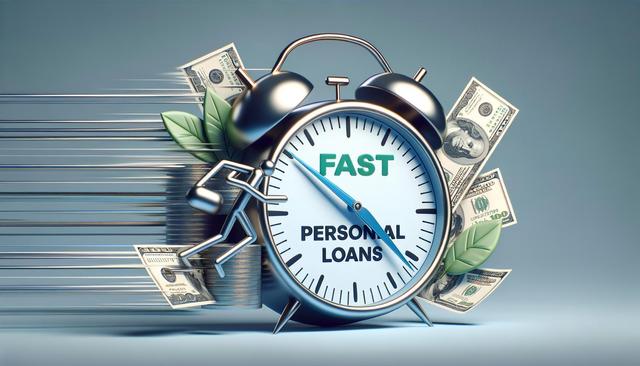
How to Consolidate Credit Card Debt into One Lower Payment
Understanding Credit Card Debt Consolidation
Credit card debt consolidation is the process of combining multiple credit card balances into a single loan or payment plan. This approach can help reduce the total amount you pay each month, streamline your bills, and make it easier to manage your finances. Consolidation doesn’t erase your debt, but it can lower your interest rate and improve your repayment terms, which may help you pay off your debt faster and more efficiently.
There are several common ways to consolidate credit card debt:
- Balance transfer credit cards
- Debt consolidation loans
- Home equity loans or lines of credit
- Credit counseling programs
Each method has its pros and cons, so it’s important to evaluate your financial situation, credit score, and repayment goals before choosing the right strategy.
Exploring Balance Transfer Options
A balance transfer involves moving your existing credit card balances to a new card that offers a lower interest rate, often with a promotional 0% APR for a limited time. This method can be effective if you qualify for a card with favorable terms and can pay off the balance during the promotional period.
Before committing to a balance transfer, consider the following:
- Transfer fees: These typically range from 3% to 5% of the amount transferred.
- Promotional period: Know how long the low interest rate lasts and what the rate will be afterward.
- Credit score impact: Applying for a new credit card may result in a small, temporary dip in your credit score.
If managed wisely, a balance transfer can save you money on interest and help you focus on paying down your principal debt faster.
Using Debt Consolidation Loans
Debt consolidation loans are personal loans used to pay off multiple credit card balances. These loans typically offer fixed interest rates and a set repayment term, providing predictability and structure to your debt repayment plan.
Benefits of using a consolidation loan include:
- Lower monthly payments due to reduced interest rates
- Single monthly payment instead of multiple bills
- Potential to boost your credit score by reducing your credit utilization ratio
To qualify for a consolidation loan with favorable terms, a good credit score and stable income are usually required. It’s essential to avoid accumulating new debt while repaying the loan to ensure long-term financial improvement.
Working with Credit Counseling Services
Nonprofit credit counseling agencies offer debt management plans (DMPs) that can help you consolidate your credit card payments into one monthly payment. These agencies negotiate with creditors on your behalf to potentially reduce interest rates and waive fees.
Key features of a DMP:
- Single monthly payment distributed to creditors
- Fixed repayment timeline, usually 3 to 5 years
- Support and guidance from certified credit counselors
Enrolling in a DMP does not hurt your credit score, although it may require you to close your credit card accounts during the repayment term. This can affect your credit utilization temporarily but may be offset by consistent on-time payments and reduced debt over time.
Protecting Your Credit While Consolidating
One of the biggest concerns with debt consolidation is its potential impact on your credit score. However, when done responsibly, consolidation can actually help improve your credit over time. The key is to maintain healthy financial habits throughout the process.
Here are some tips to protect and potentially improve your credit during consolidation:
- Continue making all payments on time
- Avoid closing old credit card accounts unless required
- Monitor your credit report for accuracy
- Refrain from taking on new debt while repaying consolidated balances
Consistent, on-time payments on your new loan or DMP will positively impact your payment history, which is a major factor in your credit score. Additionally, reducing your overall credit utilization can further enhance your score.


